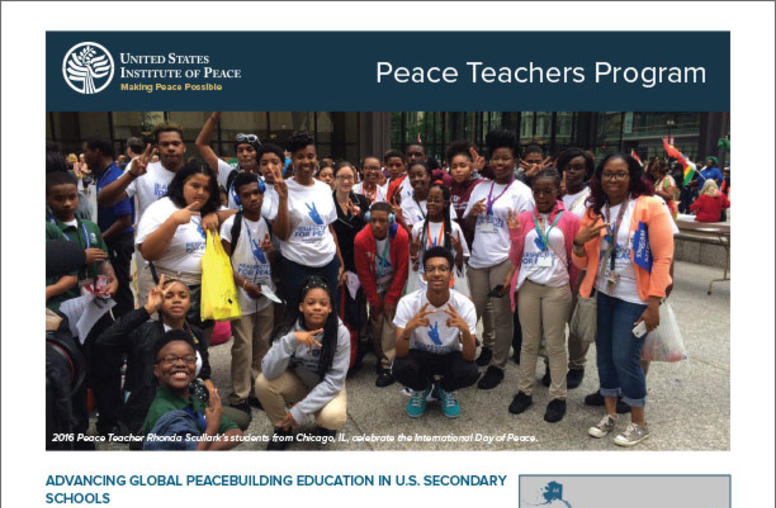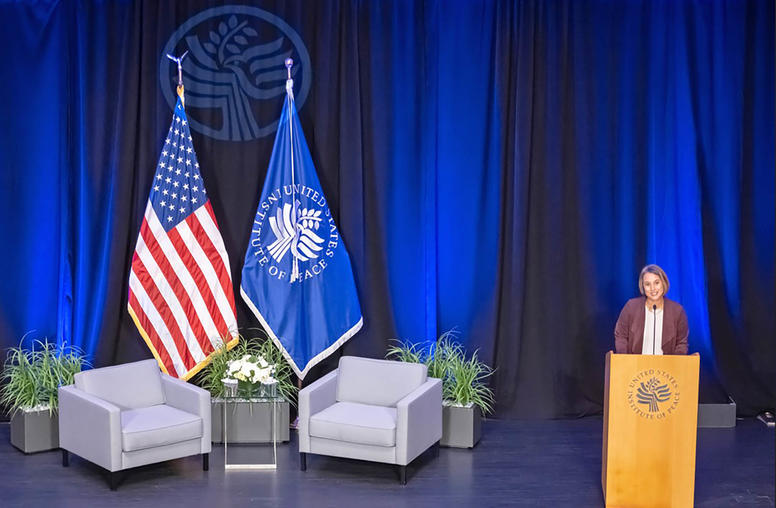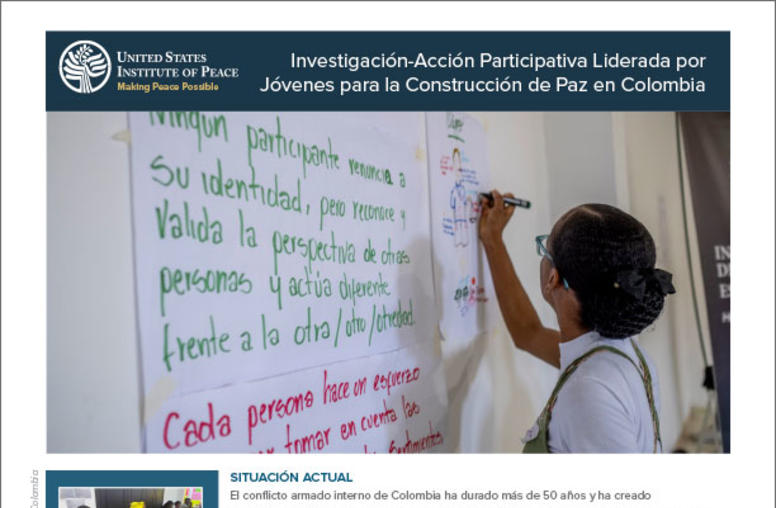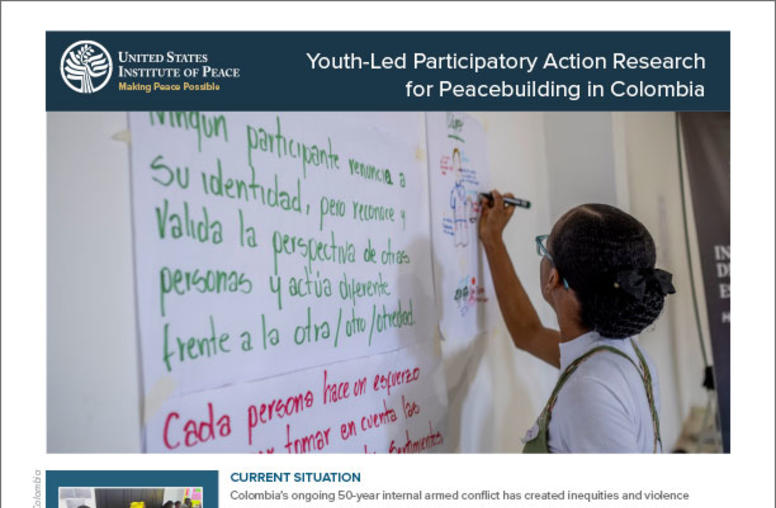Youth, Violence and Extremism
The notion that an excess of male youth in a population leads to social unrest, war and terrorism is widespread. Jennings Randolph Senior Fellows Marc Sommers and Matt Venhaus agree that demographic factors can impact the stability and security of countries, but they caution against making easy causal linkages between the two. Instead, they argue that our understanding of why and how young men become violent or extremists is limited and often misguided. Hence many national and international policies and programs that attempt to deal with these two issues have little effect or - worse - are counterproductive.
The notion that an excess of male youth in a population leads to social unrest, war and terrorism is widespread. Jennings Randolph Senior Fellows Marc Sommers and Matt Venhaus agree that demographic factors can impact the stability and security of countries, but they caution against making easy causal linkages between the two. Instead, they argue that our understanding of why and how young men become violent or extremists is limited and often misguided. Hence many national and international policies and programs that attempt to deal with these two issues have little effect or - worse - are counterproductive.
Drawing mainly on his research in Africa, Marc Sommers will tackle some of the conventional wisdom related to the youth bulge and the effects of marginalized youth on societies, and provide a framework for examining the youth challenge, particularly in war-affected and post-conflict states. Matt Venhaus will draw on his experience and research in the Middle East to examine the shortcomings of current debates on the radicalization of Islamic youth, consider why young men join extremist groups such as Al Qaeda, and suggest how to keep them from the extremist path.
Speakers
- Marc Sommers
Jennings Randolph Senior Fellow, U.S. Institute of Peace - Col. Matt Venhaus
Jennings Randolph Army Fellow, U.S. Institute of Peace - Chantal de Jonge Oudraat, Moderator
Associate Vice President, Jennings Randolph Fellowship Program, U.S. Institute of Peace



